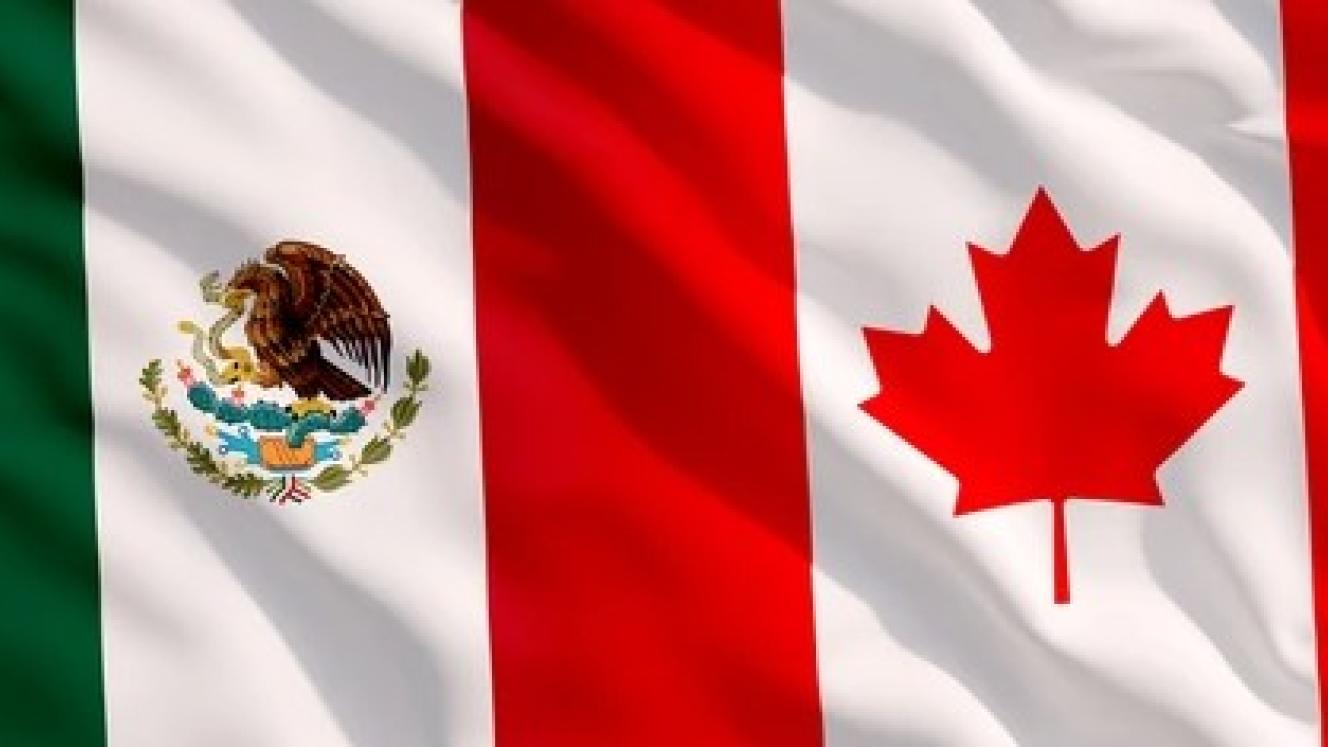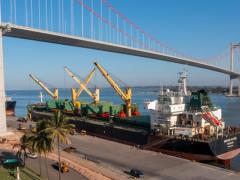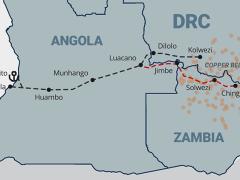Canada and Mexico are forging ahead with establishing a trade scheme that will circumvent the United States in order to reduce transhipment tariffs and taxes, thereby bolstering trade between the two countries.
Provisionally called the “Northern Corridor,” the collaboration represents a strategic response to the escalation of tariffs imposed by the United States on Canadian and Mexican goods earlier this year.
The proposed corridor, valued at approximately $120 billion, aims to create an alternative trade route that avoids US customs, ports and logistical controls entirely.
The scheme is expected to incorporate diverse transport modalities, including rail and maritime links, alongside advanced digital technologies such as blockchain for customs management.
The new corridor is designed to lessen Canada’s and Mexico’s dependence on the US market, avoiding costly tariffs on key industries such as steel and automotive parts.
It also seeks to safeguard the continuity of trade flows between the two nations without US border interference.
This development follows heightened trade tensions and retaliatory tariffs enacted after the US government's measures starting in early 2025. Leaders from both Canada and Mexico have confirmed ongoing discussions to enhance bilateral trade cooperation in light of these challenges.
In summary, Canada and Mexico are collaborating on a substantial infrastructure and trade project intended to bypass US tariffs and customs processes, thereby securing and expanding their economic relationship.













